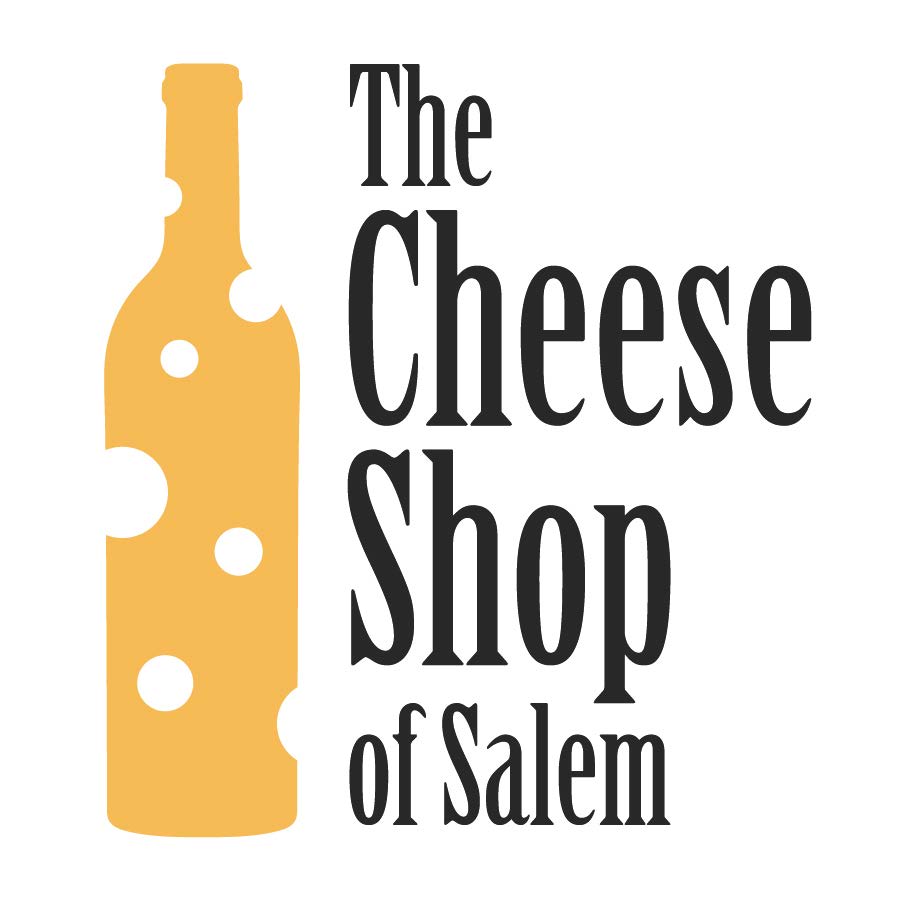Yay for Gamay!
The great grape Gamay always seems to evoke the vibe of care-free celebration. Gamay wines are prominent in France’s Beaujolais region, which is part of southern Burgundy, and where Gamay represents 98% of all vines planted. Europeans tends to name their wines after regions and towns rather than grapes, so when you’re drinking a red Beaujolais (named for its region), you’re actually enjoying the grape Gamay. Gamay wines are so famously tasty that winemakers outside of this region (including in California, Oregon, Italy, and other parts of France) often try to imitate the Beaujolais style of this wine: instant drinkability, light to medium in weight, high acidity, and low tannin. France even throws a huge annual celebration for Beaujolais, specifically Beaujolais Nouveau, on the third Thursday of November, when the new Beaujolais is bottled and released around the world. But, Beaujolais is not just a red wine to be enjoyed in the autumn months - it’s a wine to be enjoyed all year round!
Gamay (aka Gamay Noir a’Jus Blanc) is a light-bodied red (think Pinot Noir’s sassy sister) with high acidity and bright red-fruit notes. Gamay wines have delicate floral aromas of violets, and sometimes even subtle notes of earth and potting soil. Depending on where it’s made in Beaujolais or in the world, Gamay ranges in flavor from black currants to stone to strawberry jam to banana. On the palate, the wine is light with high acidity and tartness, but the tannin (dryness) is relatively low, making Gamay a great wine to pair with many different foods and cheeses.
Classic food pairings with Gamay include roasted chicken with herbs de Provence, or chicken liver pâté. Cheeses that pair well with the Gamay include Gruyère 1655, Brie Fermier, and even a hearty cheddar like Hafod. Hard to pair vegetables and herbs like onions, capers, garlic, and dill even bode well when enjoyed with a glass of chilled Gamay. (Yes, do chill your Gamay, especially on these warmer days!)
The crème de la crème of Beaujolais is Cru Beaujolais, which is the highest quality level of Beaujolais comprised of ten individual, cru-status villages in the region. Each ‘cru’ (vineyard or group of vineyards) has their own appellation status as well as unique slopes and soil composition. Cru Beaujolais are typically more robust and more structured than, say, Beaujolais Villages or Beaujolais Nouveau. Of the ten esteemed Beaujolais Cru, two that are perfect for August evenings are Fleurie and Chiroubles.
For and graceful and structured Chiroubles, try the 2018 Domaine La Grosse Pierre Chiroubles ‘Claudius.’ ‘Claudius’ is from 90-year-old-vines and made by the young, rising Beaujolais star Pauline Passot, whose first vintage was released in 2016. Pauline uses biodynamic farming and her vinification (winemaking) follows classic Beaujolais whole-cluster and open-top carbonic fermentation and concrete vats are used for aging. Pauline doesn’t filter or fine her wine, and uses little to zero sulfites at bottling. Au natural, bébé.
The Fleurie that steals our hearts year after year is from Anne-Sophie Dubois, who was born and raised in Champagne and spent years learning winemaking in Burgundy. Anne-Sophie owns 8 hectares of organically farmed 60-year-old vines. Grown atop granite slopes, Anne-Sophie’s latest release of 2019 Dubois Les Cocottes, Fleurie exudes plummy, violet aromas with the quintessential Fleurie granitic finish. Anne-Sophie is also an artist and drew the wine label herself! She used herself and her friends, ‘Les Cocottes’ (the Chicks), as inspiration.
The 2019 Sérol Éclat de Granite, Côte Roannaise is produced by Stephane and Carine Sérol, who cultivate 28 hectares of organic vines in the Côte Roannaise, a region just west of Beaujolais that produces fruity, structured reds and dry rosé. Their Gamay has spicier aromas than Pauline and Anne-Sophie’s Beaujolais, and finishes with medium tannin and an edgy stoniness.
Yay for Gamay! Shop our website and get Gamay shipped right to your door! If you don’t see what you’re looking for, or would like curbside pickup, please call us at (978) 498-4820 or email wine@thecheeseshopofsalem.com.





